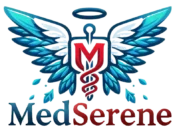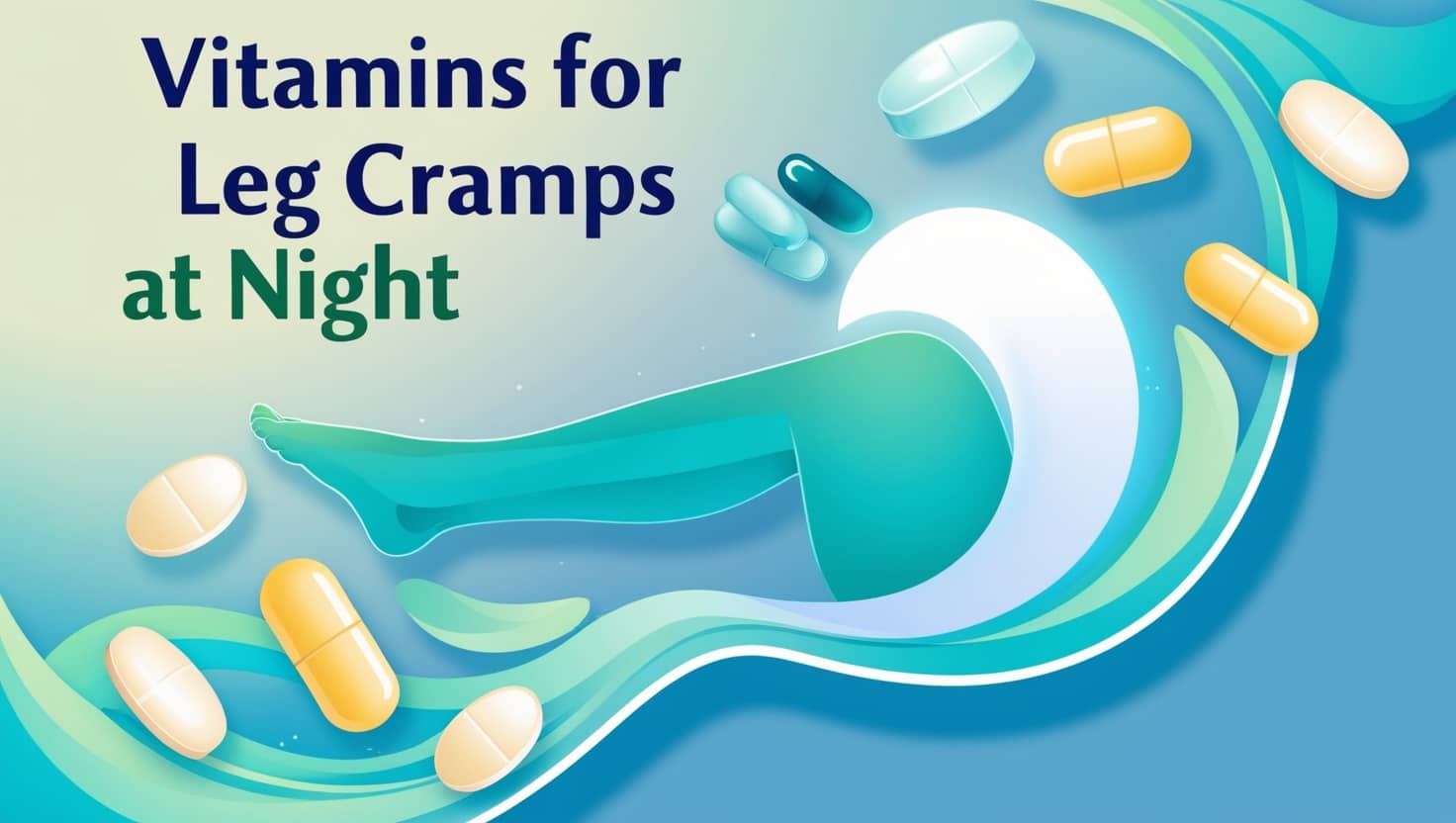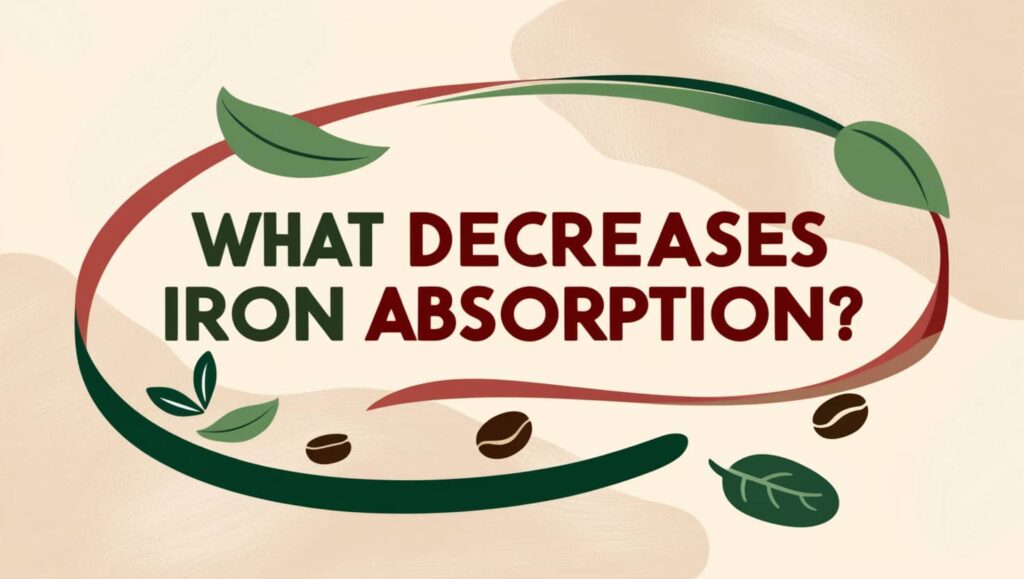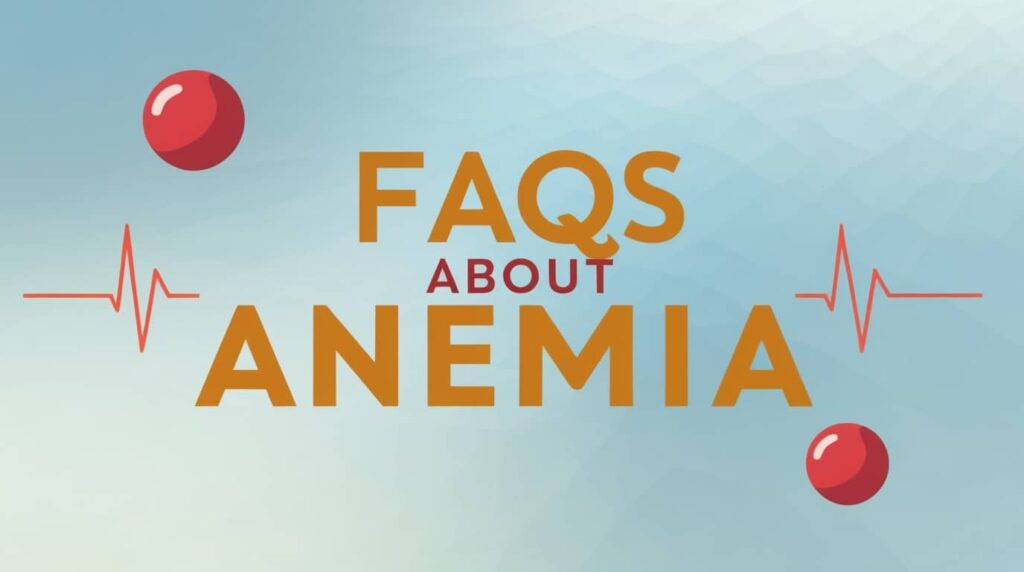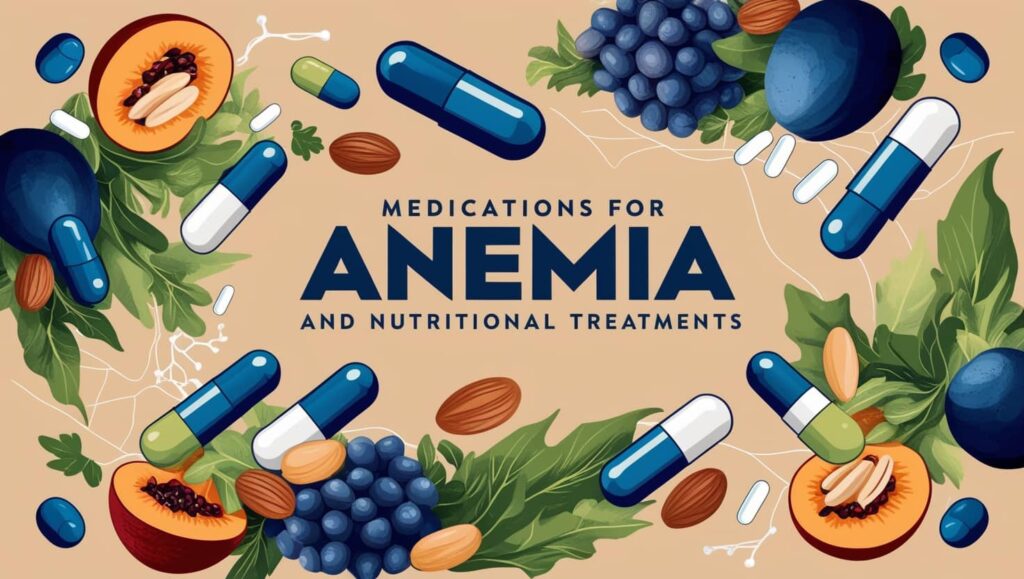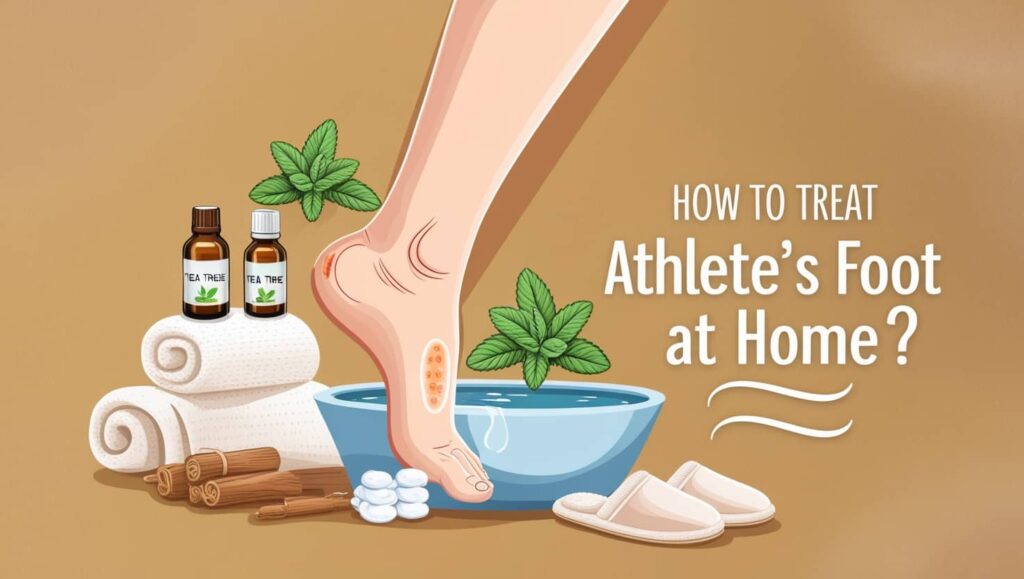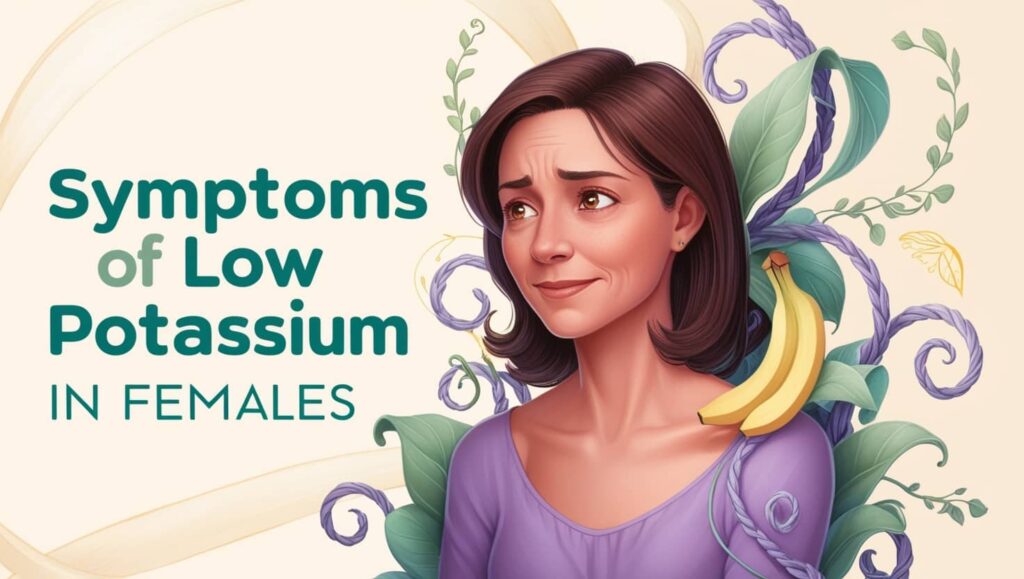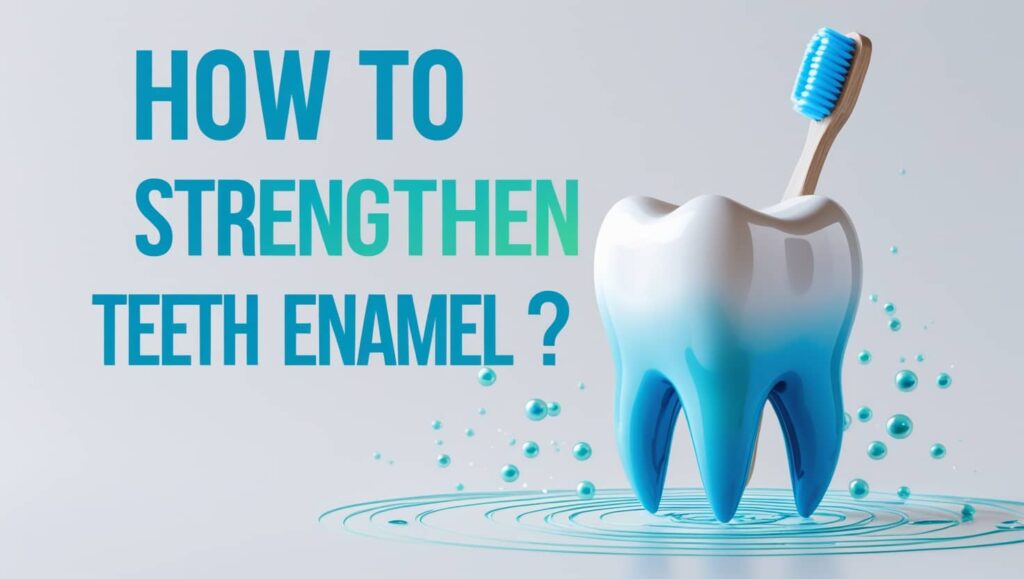Leg cramps, which are sudden, involuntary muscle contractions in the leg, foot, or thigh, are a common and often annoying problem.
These cramps can last for several minutes, significantly impacting quality of life by interfering with sleep, exercise, and daily activities.
In the following paragraphs, we will shed light on the types of vitamins for leg cramps at night, including vitamin K2, B-complex vitamins, and vitamin D, in addition to minerals that also play an important role in muscle function, such as potassium, magnesium, and calcium.
Essential Vitamins to Prevent Leg Cramps at Night
Minerals and Vitamins for Leg Cramps at Night include:
- Vitamin D: One of the recommended vitamins that helps the body absorb calcium from food, and calcium plays a vital role in the process of muscle contraction.
- Vitamin B complex: Especially vitamin B12 and vitamin B1, which affect muscle function.
- Magnesium: Magnesium regulates the process of muscle relaxation and contraction, so its deficiency can cause muscle cramps.
- Potassium: One of the essential elements for electrolyte balance in the body, which is essential for the function of smooth muscles.
- Calcium: Calcium helps in the process of muscle contraction, and it is of great importance in the elderly.
- Vitamin K2: Vitamin K2 helps reduce the severity, duration and frequency of leg muscle cramps during the night. (PubMed, 2023)
Other vitamins and minerals that play a role in the process of muscle contraction and relaxation are vitamin E and zinc.
Therefore, a deficiency in any of these vitamins and minerals can contribute to the appearance of the problem.
Nutrient Deficiencies Linked to Nighttime Leg Cramps
Nutrients associated with leg cramps at night include vitamins such as vitamin B complex, vitamin D, and vitamin K2, in addition to a group of electrolytes that regulate muscle contraction and relaxation such as magnesium, potassium, and calcium.
So, if you want to get minerals and Vitamins for leg cramps at night through food, you can be sure to eat the following:
- Leafy vegetables such as spinach.
- Fatty fish and eggs.
- Bananas.
- Dairy products.
In addition to the above, you must be sure to give your body the necessary hydration throughout the day. (American Academy of Family Medicine, n.d.)
Supplements and Foods for Muscle Relaxation
Minerals and Vitamins for leg cramps at night and foods that contain them include the following:
- Magnesium: It helps supply muscles with glucose, which contributes to the repair of damaged tissues. Therefore, low levels of magnesium in the blood can cause muscle cramps, stiffness and spasms. It is available in leafy greens such as spinach.
- Omega-3 fatty acids: It can enhance the process of muscle growth and healing. It is available in fatty fish such as salmon and sardines, as well as in eggs, nuts and avocados.
- Vitamin D: It is important for bone health and helps the body absorb calcium, which plays a role in regulating muscle contraction and relaxation.
Nutrition that can help you avoid leg cramps at night include:
- Curcumin: It has anti-inflammatory properties and helps you get rid of signs of inflammation after exercise. It is available in turmeric, cinnamon and ginger.
- Chamomile: Chamomile contains biologically active substances, and it reduces muscle tension and cramps.
- Tart cherries: Rich in antioxidants and have anti-inflammatory properties that help relax muscles and reduce post-run pain.
- Vitamin C: Has antioxidant and anti-inflammatory properties that help speed up muscle repair and recovery.
- Arnica oil: Helps disperse trapped fluids from injured muscles, joints, and tissues.
- Bananas: Contain glycogen, which may help rebuild damaged muscles. Eating a banana after a workout may reduce the chance of muscle cramps.
References
- American Academy of Family Medicine. (n.d.). Retrieved from Treatments for Nocturnal Leg Cramps
- PubMed. (2023). Retrieved from Effect of vitamin K2 in the treatment of nocturnal leg cramps in the older population

